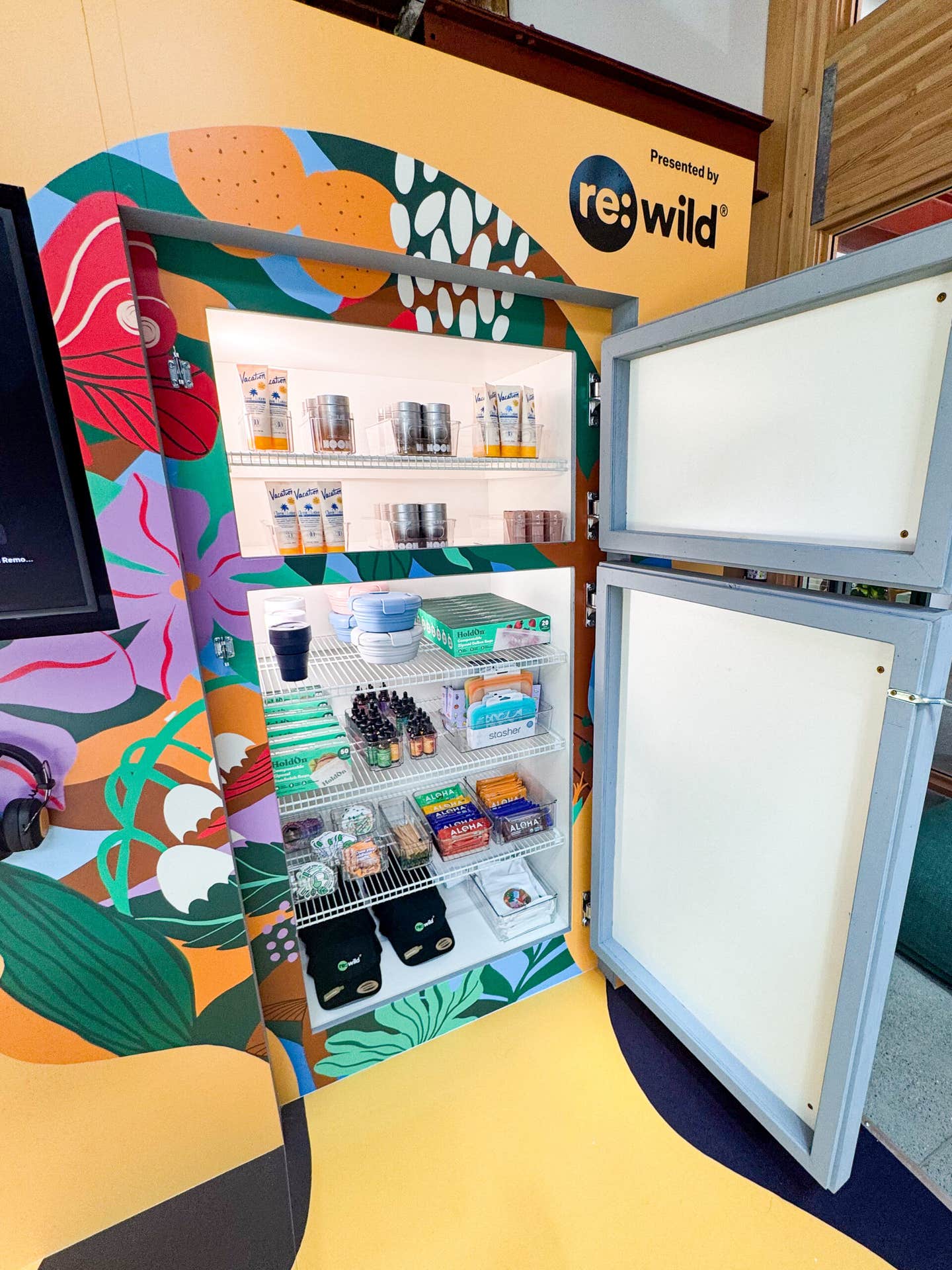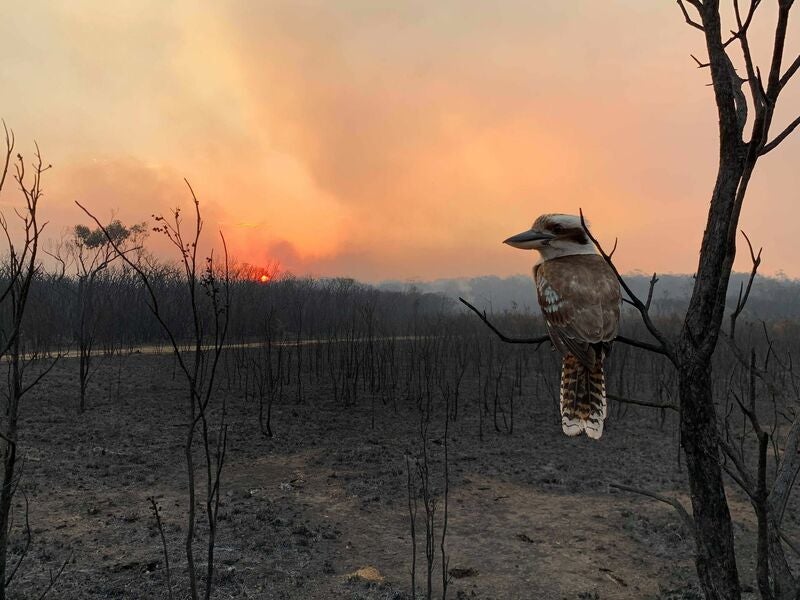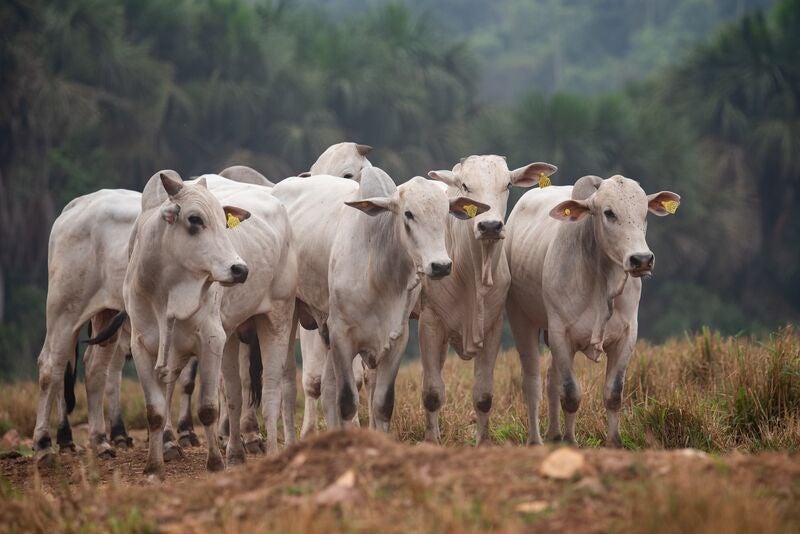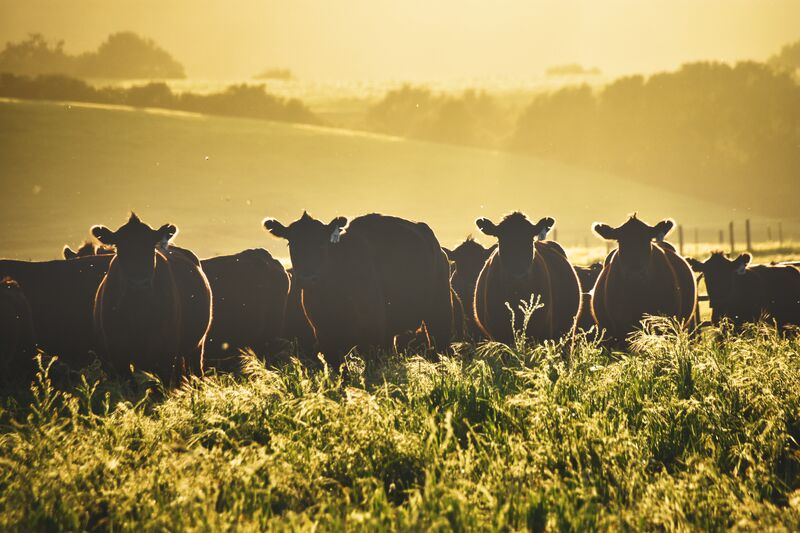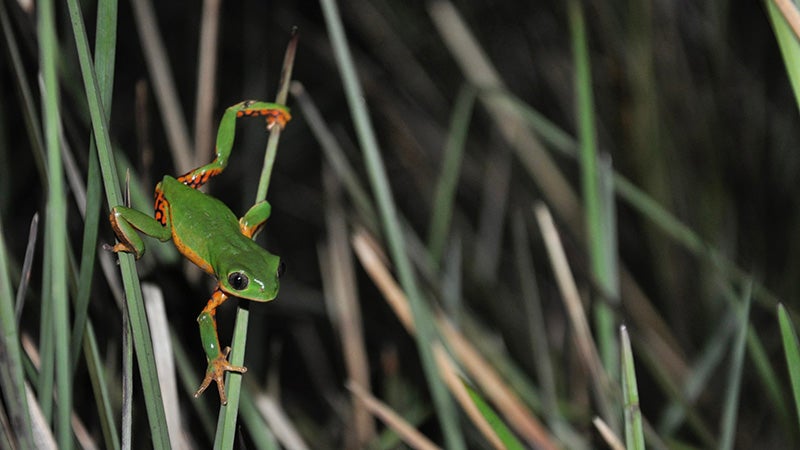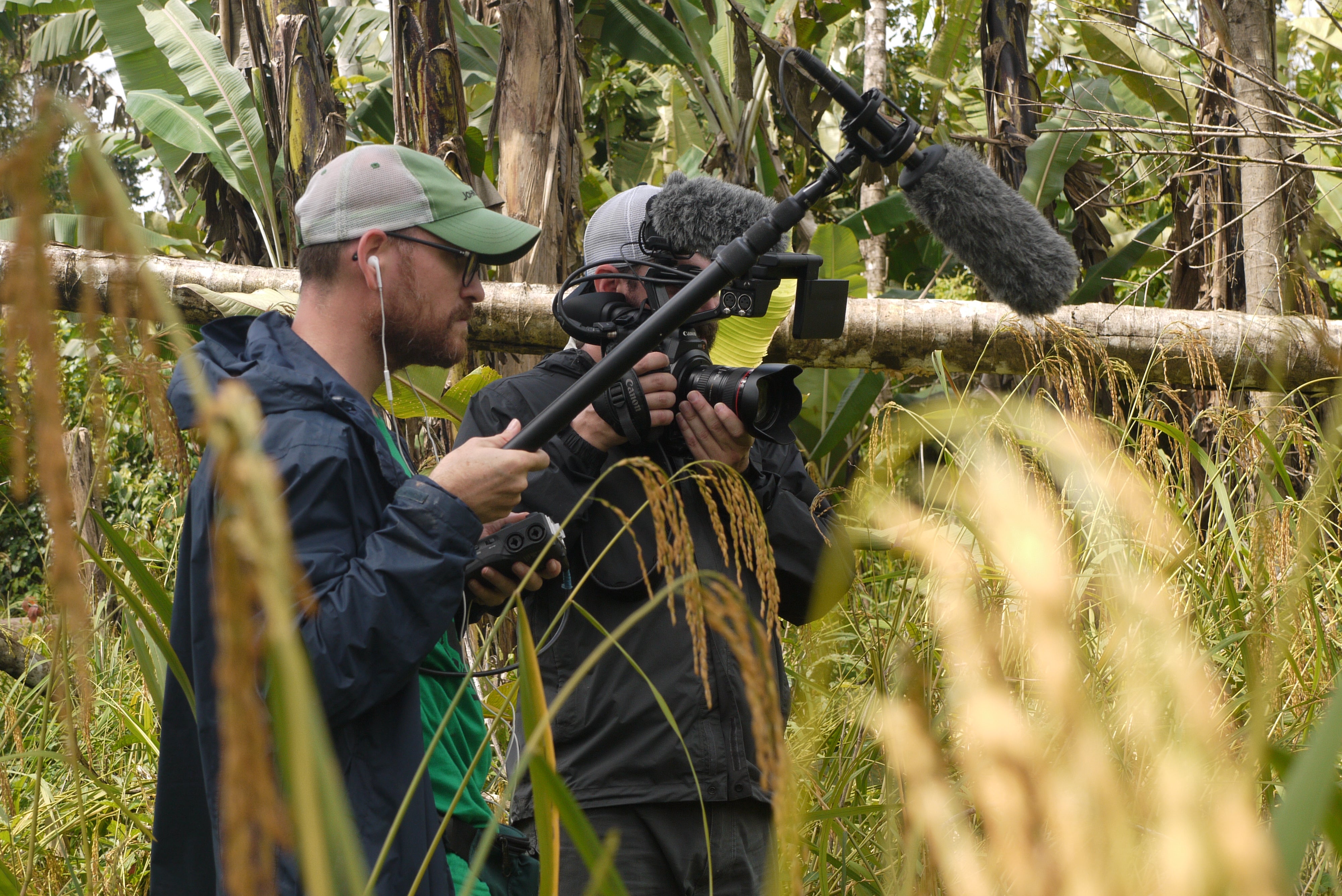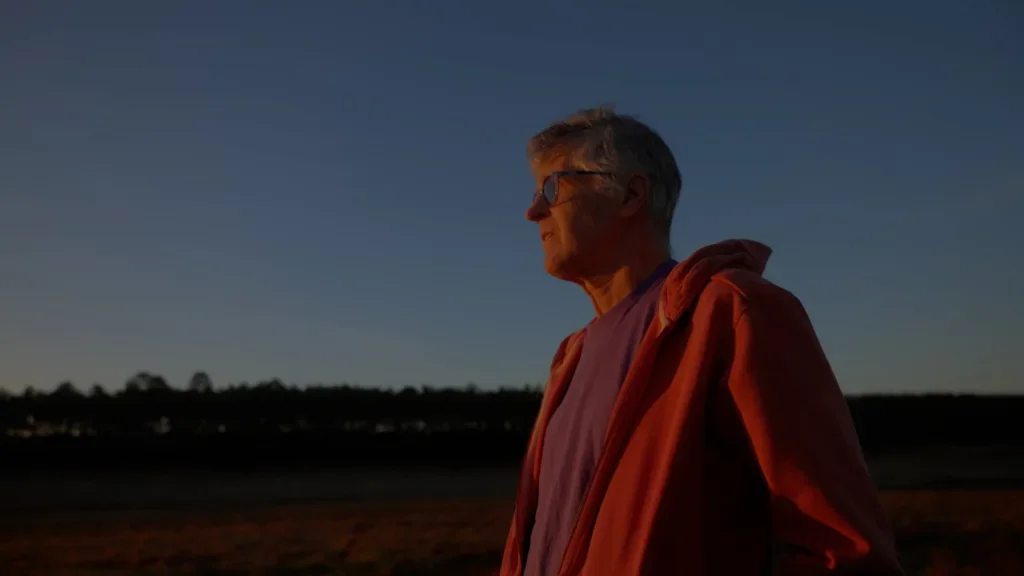Re:wild Your Fridge
Eating more plants is the most impactful thing you can do for the planet and your own health.
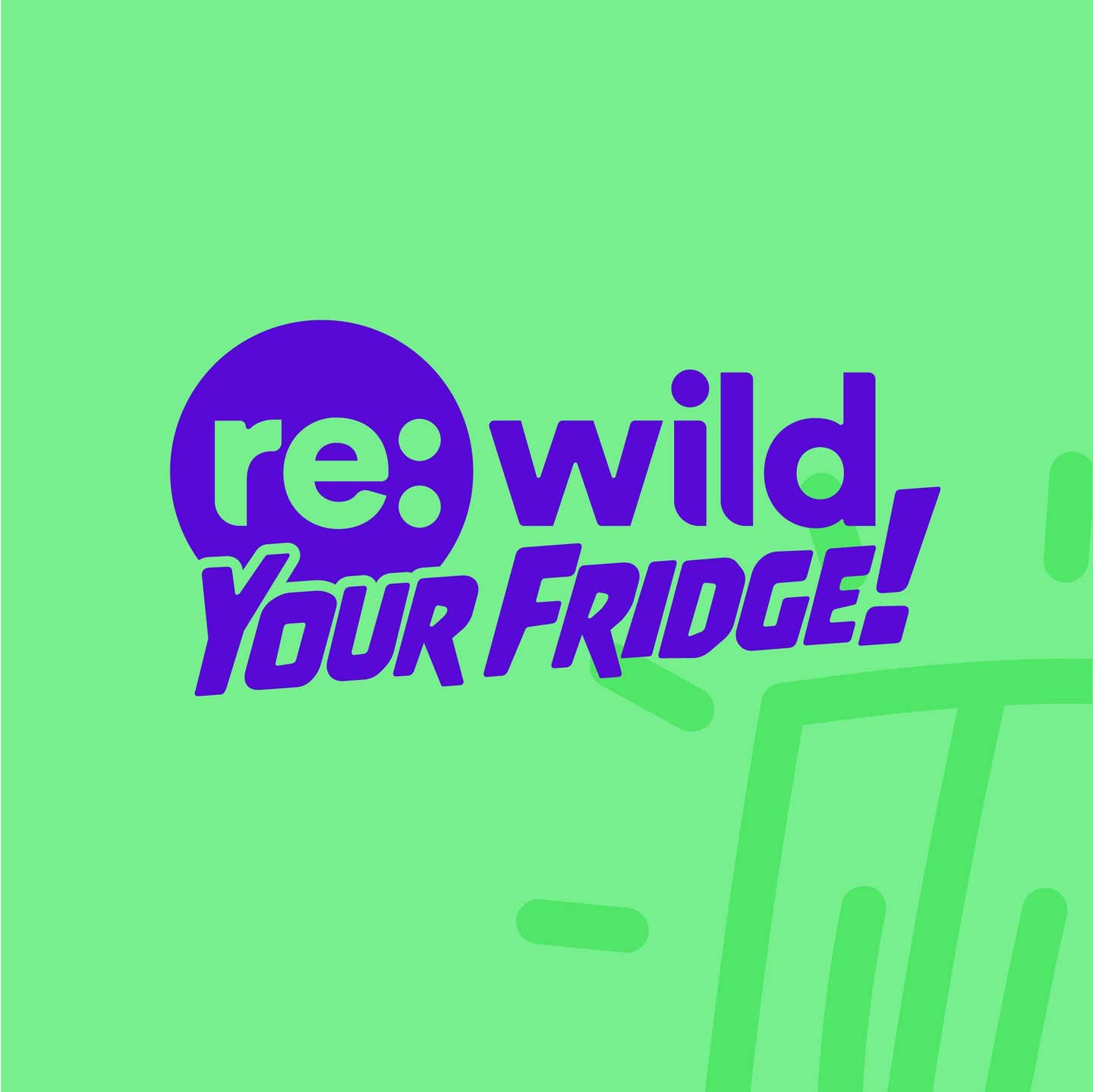
About
Read Our StoryThe Facts
Your plate has power. Here’s how plant-based choices can change the planet.
75%
Less greenhouse gas emissions from plant-based diets compared to meat-heavy ones.
75%
Less land used to produce plant-based food.
54%
Less water consumed compared to meat-heavy diets.
66%
Less biodiversity loss caused by plant-based diets.
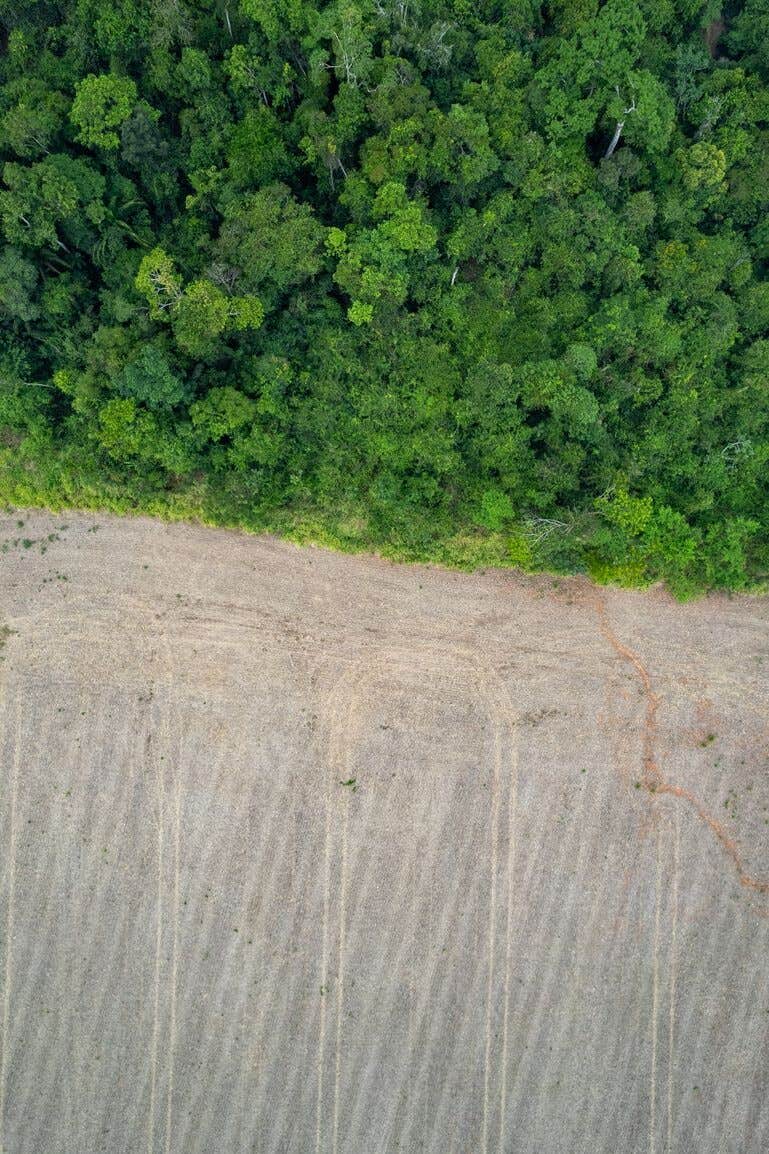
What does your fridge have to do with biodiversity? A lot.
Learn MoreCase Studies
Explore how animal agriculture is driving biodiversity loss in places like Australia, the U.S., and Brazil — and what’s at stake if we don’t change course.
It's not (entirely) your fault.
If you’ve tried to eat more plants and found it difficult, please know it’s not just you. There are a lot of systemic factors that make this healthy and planet-friendly way of life challenging. We’ll refer to this collectively as “the system,” and here are just a few ways the system traps us:
There is a lot of lying.
Milk doesn’t necessarily do a body good. You don’t need a steak to be strong (or “a man”). Pork is not “a white meat.” Insane public relations ploys abound. Contrary to popular lore, the United States isn’t feeding the world; it’s not even feeding America. But the big ag lobby will keep spending a lot of time and money to prop up these narratives and block policies that are better for biodiversity — humans included.
Our current agricultural system is not the one we want.
The USDA recommends we eat a diet made up of at least 50% fruits and vegetables, but only 4 percent of federal farm-support dollars went toward fruits and vegetables in 2019 (compared to the 30 percent that domestic meat, poultry, eggs, and animal feed received).
It's how it's always been done.
Many cultures and familial traditions revolve around meat and dishes that are heavy on eggs and dairy. But are some of the cultural and familial assumptions we make not really great for the planet (or us)?
Good news: things are changing — and fast.
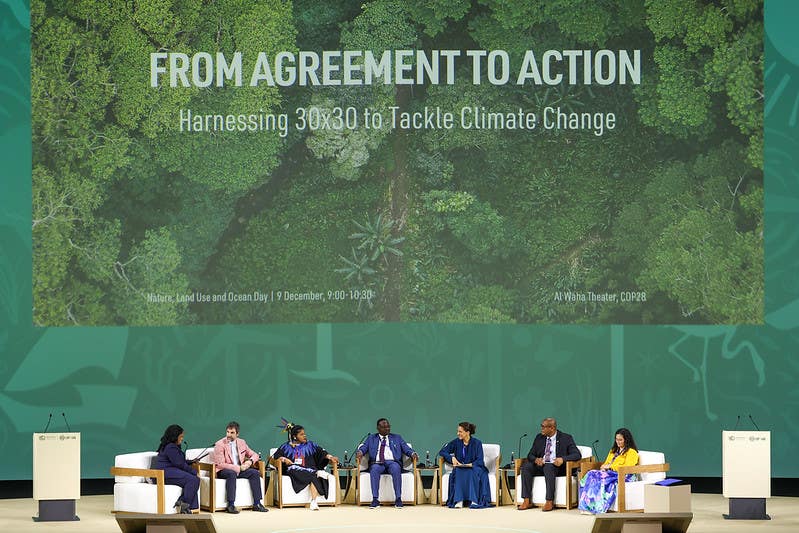
Global shifts are happening.
Learn More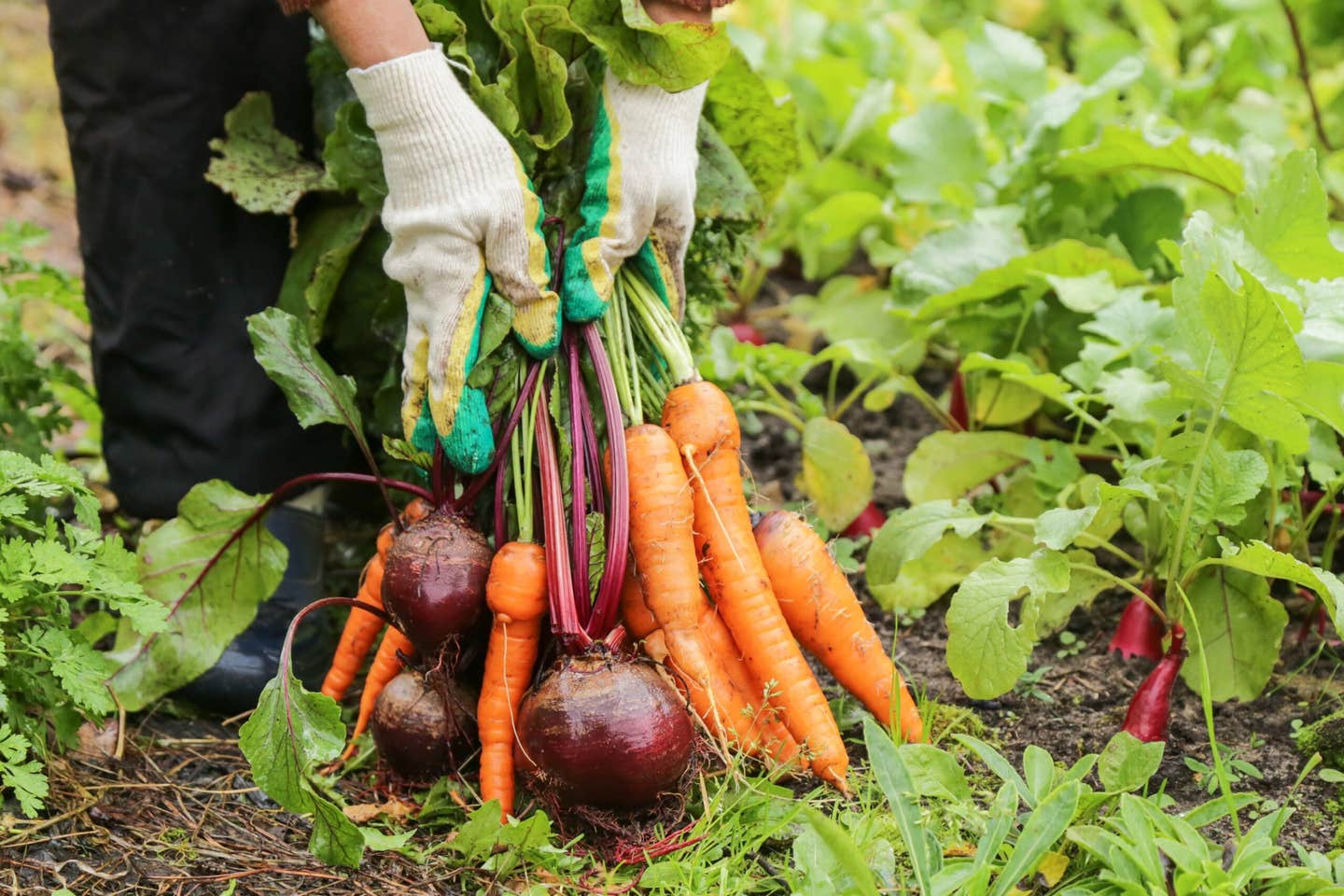
Your health gets a boost.
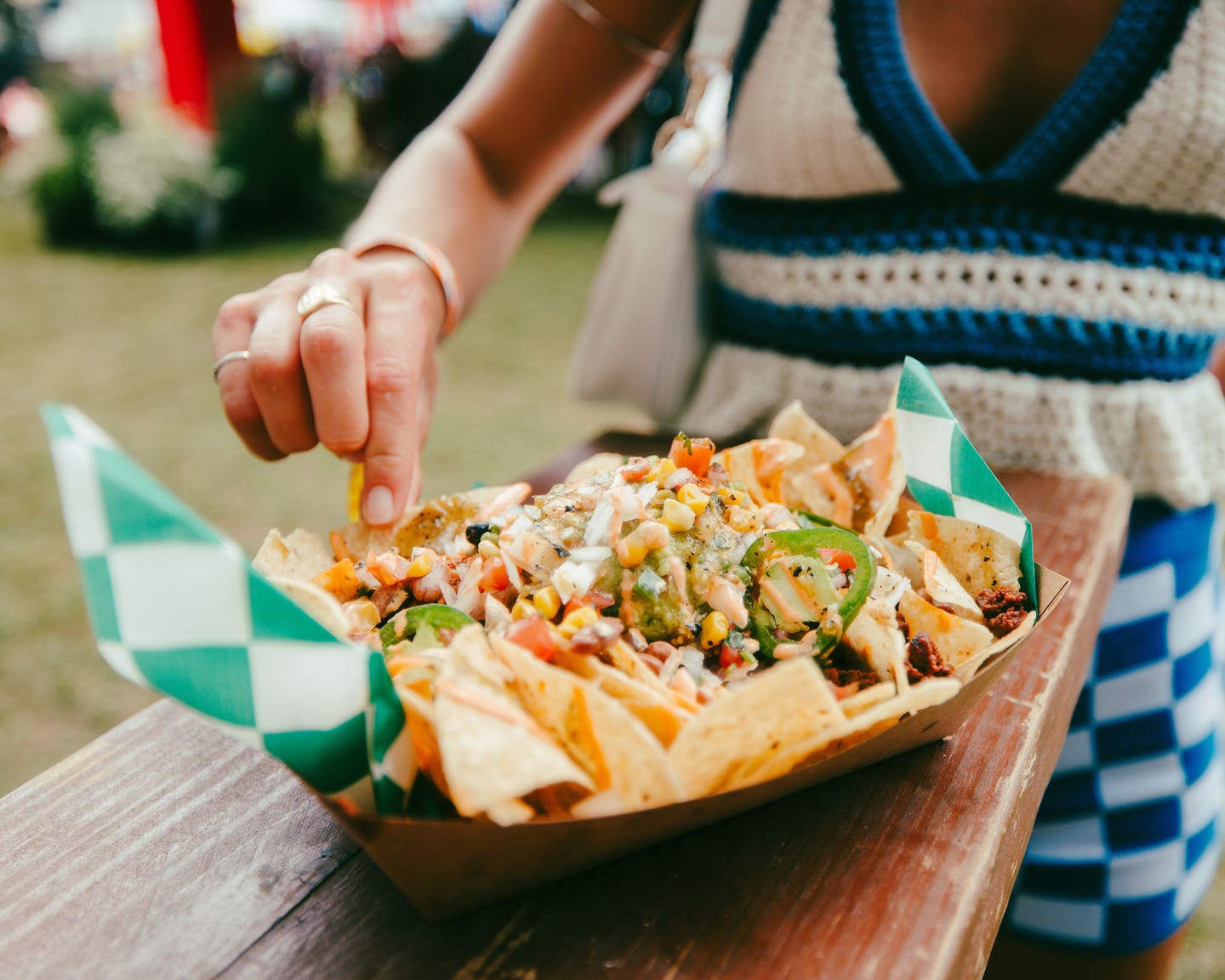
"Can we have our, um, meat and eat it too?"
Follow us for new and interesting finds!

How to Re:wild Your Fridge

Start with One Swap
Swap one meat or dairy meal a day for a delicious plant-based alternative.

Try Something New
Explore new fruits, veggies, grains, and legumes you haven’t tried before.

Keep It Simple
Keep simple, tasty recipes on hand to make plant-based meals a breeze.

Shop with the Seasons
Shop seasonally and locally to support sustainable farming.

Plan Ahead, Not Perfect
Meal prep or plan a few plant-based meals each week to make it easier to stick with it — progress over perfection.
